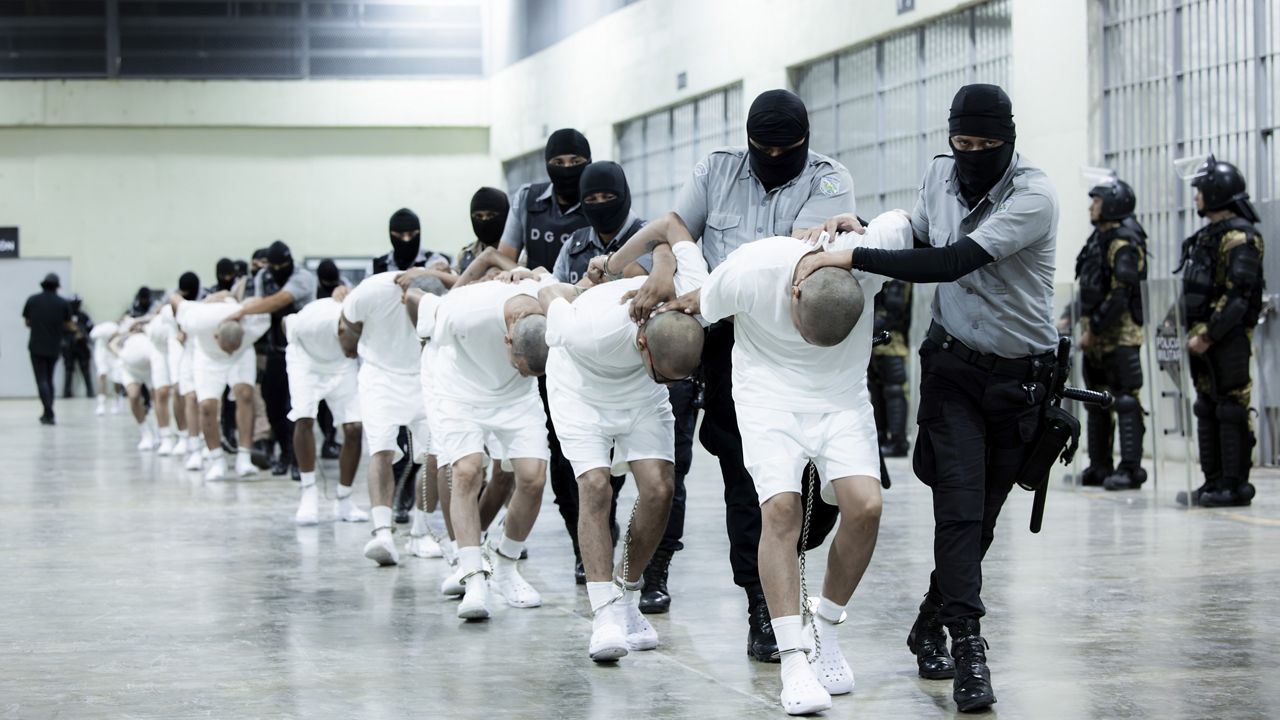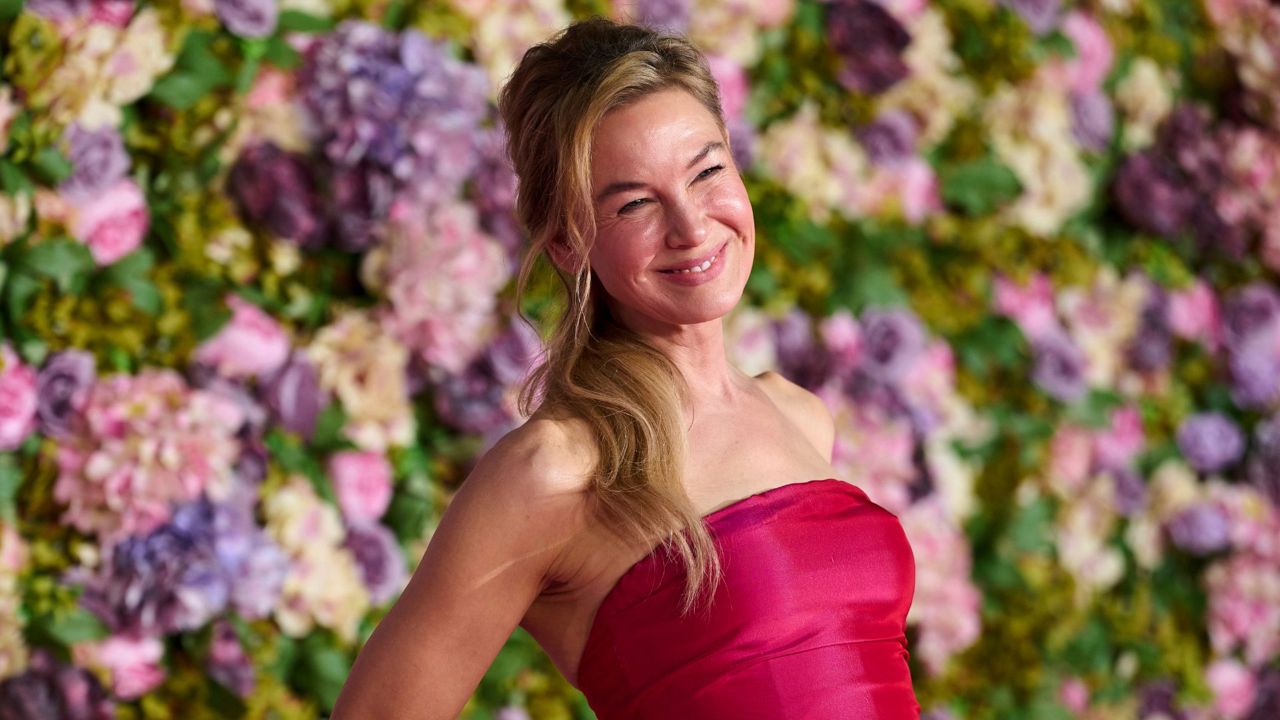SAN MARCOS, Texas — San Marcos is technically just outside the path of the totality. So, watching the eclipse from campus is a no-go for the Texas State Astronomy Club, but they’re still going to try to catch a glimpse of the solar event.
“Pumped,” said student Chase Blount. “It’s going to be really, really cool.”
“Excited for everyone to be able to witness this,” said student Porter Hasha. “Last one that came through Texas was like 124 years ago. So, it’s definitely a once-in-a-lifetime opportunity for everyone.”
The university has suspended classes on April 8 from noon to 2 p.m. But San Marcos isn’t in the eclipse’s path of totality. So, they won’t be able to get the best view from campus.
“It does stink that it’s just outside of San Marcos,” Blount said. “Ninety-nine percent is not good enough for us.”
So instead of using the observatory on campus, they’re heading to Kerrville. It's a decision their professor supports. Dr. Blagoy Rangelov says being 1% off of the eclipse’s course can make the world of a difference.
“Well, the problem is if there is even a sliver left of the sun, the light from the sun will be too bright,” Rangelov said. “And it will overpower the solar corona. So, it will be in a way very similar to the angular."
With proximity to the eclipse’s path, the City of San Marcos is preparing for half a million drivers to pass through town.
“We are near capacity in our hotels,” said Rebecca Ybarra, San Marcos director of destination services. “So, there are many people who are staying in the area to watch. And there’s people who are staying here and then driving to the Hill Country area to watch it.”
They are banking on eclipse tourism dollars from those driving through or locals staying put for watch parties.
“I don’t plan on traveling anywhere,” said Ybarra. “I want to see what it’s like from my hometown.”
For their first total solar eclipse, these students are traveling.
“Every single planet in our solar system will be in the sky when the moon covers the sun,” Blount said.
Not taking any chances.
“Especially given how close we are,” Dr. Rangelov said. “It’s a must.”











